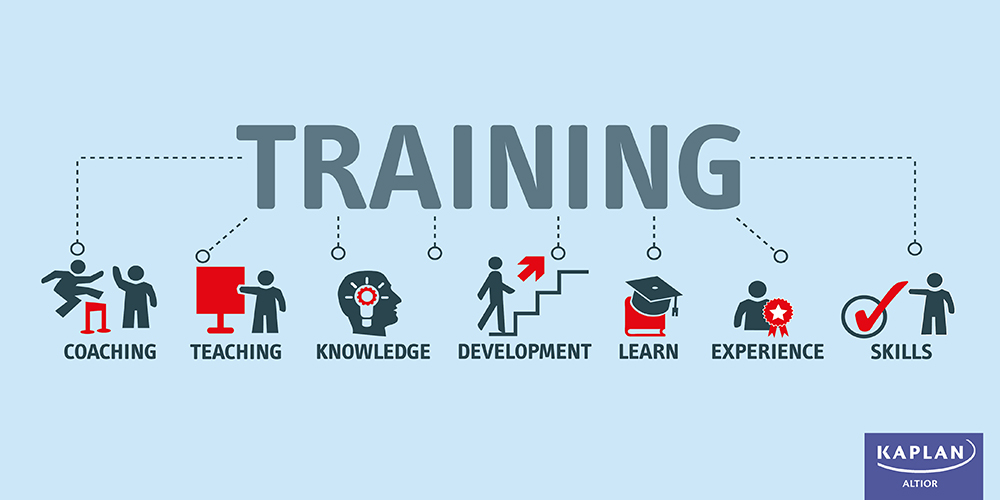Alisa Gray, Altior, talks to Modern Law about the key skills and training needed to suit the modern workforce, and how law firms are developing in order to embrace skills development.
What are the key skills that young lawyers need in order to thrive in the 21st Century legal market?
Today, young lawyers need a whole armoury of skills. In terms of my top five: strong interpersonal skills, negotiation skills, management skills, commercial and financial acumen and a good understanding of technology. These skills have always been important and are becoming ever more so as the demands on lawyers increase due to the explosion of technological advancements and a continued squeeze on fees. Clients want to see real value added input from their lawyers. They want pro-active lawyers who have commercial knowledge, can drive a deal forward and help develop a solution. These are difficult skills that you are not taught at law school. It is no longer enough to simply be a legal expert; lawyers are expected to be the accomplished project manager, the empathetic advisor and the top negotiator, among other things. We used to call these “soft skills” but that is now the term of yesteryear. They should now be realised as “essential skills”. To be successful nowadays, a lawyer has to strike a balance between technical competence and behavioural confidence. A lack of technical competence exposes you to risk, whereas a lack of behavioural confidence prevents you from realising your true potential and providing the added value that the client is looking for.
What are some of the key challenges facing the legal training sector in regards to skills and training?
We have got to ensure that our training delivery meets the challenges faced by law firms; optimising training time away from the desk. The legal market is currently experiencing a period of unprecedented change – from the way in which people qualify into the profession and continue their professional education to the pressures of globalisation and the use of artificial intelligence instead of human resource. We as training providers have to provide alternative means of helping young lawyers develop relevant skills and experience now that many jobs on which they used to “cut their teeth” are being done by computers. Given the necessary pressures of time recording and billing, our training has to be highly relevant in order to justify that time away from desks.
How has the method of delivery and content of training changed to suit the modern workforce?
We believe immersion in experiential exercises is key and that this style of training is a far better learning model than the old chalk and talk, not just in terms of the ability to retain and recall the knowledge you gain on a course but also in terms of practical application at the point of need afterwards. You don’t just read a book about how to swim and then jump in and compete in the deep end, and the same applies to developing essential skills. This method of interactive learning also helps individuals gain a much better understanding of themselves and knowing your strengths (and weaknesses) is fundamental to skills development.
Has the removal of mandatory CPD affected the demand for and availability of skills development in the legal sector?
Truthfully, not as yet. Although we do expect to see a huge rise in demand for skills training because lawyers are going to spend more time identifying their own personal development needs in line with the SRA competence statement. Many are still coming to terms with the changes and grappling with the idea that you can no longer just rely on a box-ticking sixteen hours of CPD. We haven’t necessarily seen its true impact yet. This new regime is putting the burden on the individual and the law firms to ensure that lawyers are not only competent in the context of their practice area but also have a wide range of skills that are commensurate with their level of qualification. The profession is adjusting to the modern role of a lawyer and an honest analysis of needs will inevitably result in taking up more skills courses.
How can law firms foster and develop a company culture that promotes and embraces skills development?
It is all part of encouraging a growth mind-set where lawyers of all levels are comfortable with admitting that they are constantly learning and that learning is not always a linear process. Sometimes a setback can teach you more than a success. We have seen firms mixing skills training with business development by inviting their clients to join them on experiential skills courses for their staff and lawyers. Integrating clients into their learning process brings insight and generates a special connection and loyalty. Most of the firms we work with are highly evolved and extremely aware of the need for skills development in their lawyers and the immeasurable benefits that it brings. Law is a people business and a law firm’s biggest resource is its legal team.
For more information on how Altior can help firms and lawyers or for more information on our wide range of legal training, please get in touch on 02920 451000 or email infoaltior@barbri.com

